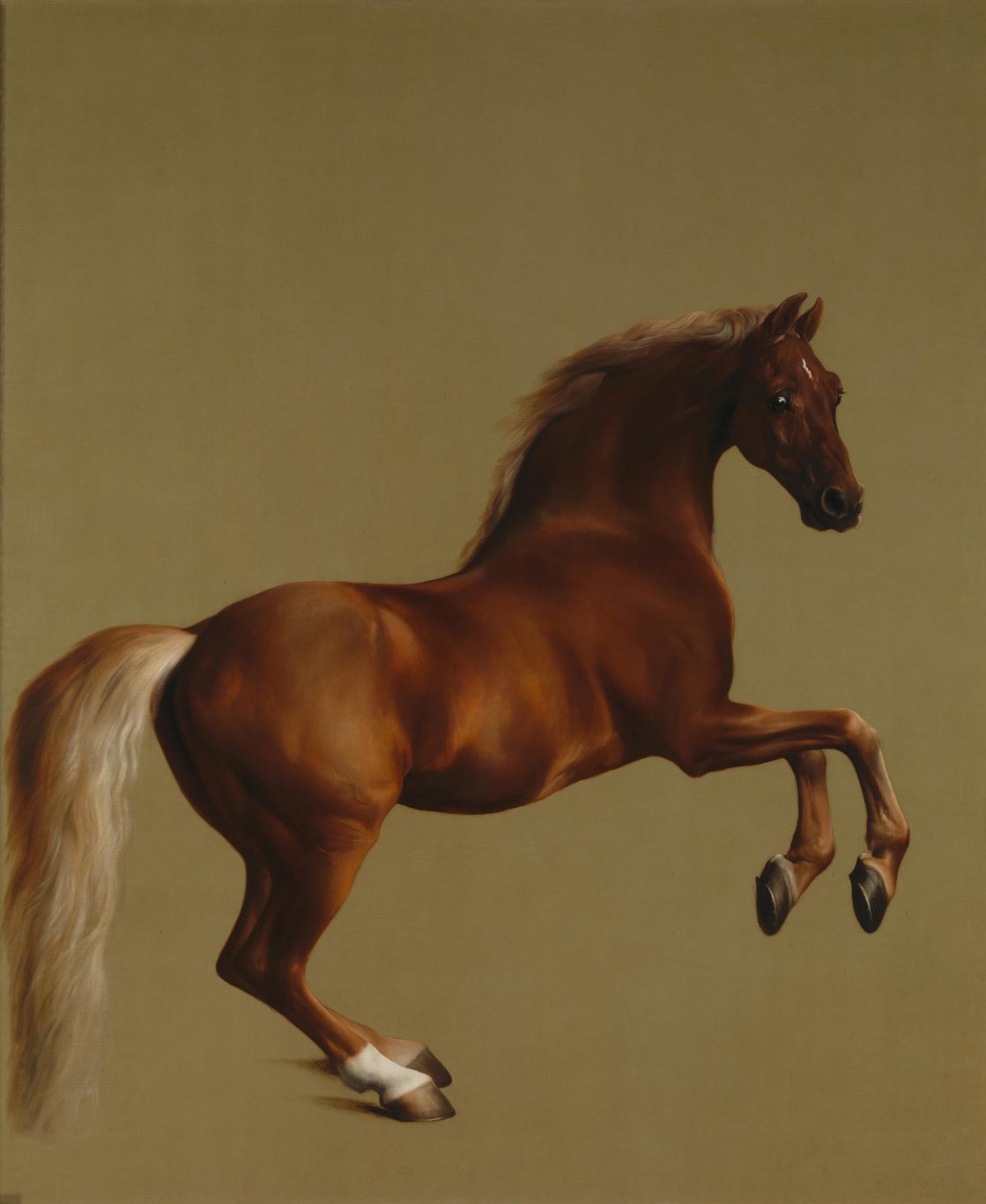A non-
actor,
always
negation
in his obit:
Frechette
fought
with Antonioni
in the dunes
of Death
Valley—
Zabriskie
Point.
He was
discovered
as he hovered
at a Boston
bus station:
stoned;
enraged.
The age.
He’s twenty—
a talent
scout
famously said—
and he hates.
(The reviews,
uneven.
Worse.
Antonioni
tried
to make
a serious
movie
and hasn’t even
achieved
a beach-party
level of insight,
Roger Ebert
wrote.)
The point:
Frechette
stuck it
to the Man,
handing
his fee
to Mel Lyman’s
Fort Hill
Commune.
(Banjos;
millennialism.)
After two
minor
Italian films,
he retired.
—In ’73
he came
out of retirement
to protest
Watergate
by…
robbing a bank.
We didn’t want
to hurt
anyone.
We just wanted
to hold up
Nixon.
Hercules,
an accomplice,
killed a guard;
Frechette’s
own revolver
slipped
out of his hands,
not one
bullet
in the chamber…
Later,
according
to People,
he made
one
last
comeback.
Mark Frechette,
aka
N-21767
in
the Massachusetts
Correctional
Institute,
directed
the play
White House Transcripts.
N-21648
played Haldeman;
N-21766
played Nixon.
And so on.
All
done
on $40.
(Antonioni,
who called
Hollywood
spending almost
immoral,
might
have almost smiled.)
We want
to take this
beyond the walls,
the Commissioner
of Correction
hoped.
This isn’t
a one-shot deal.
It was.
After the robbery,
Frechette
had said,
It would be
like
a direct
attack
on everything
that is choking
this country.
Then—
you cannot,
even
if you tried,
make
this up—
he literally
choked to death
in a freak
weightlifting
mishap,
150 pounds
at rest
on his throat.
He was
so beautiful
still.
An accident,
or not.
Like the Sixties,
having slipped—
September 27, 1975.

Randall Mann is the author of four poetry collections, most recently Proprietary (Persea Books, 2017). New poems appear in Literary Hub, Poem-A-Day, jubilat, Court Green, and 32 Poems. He lives in San Francisco.




